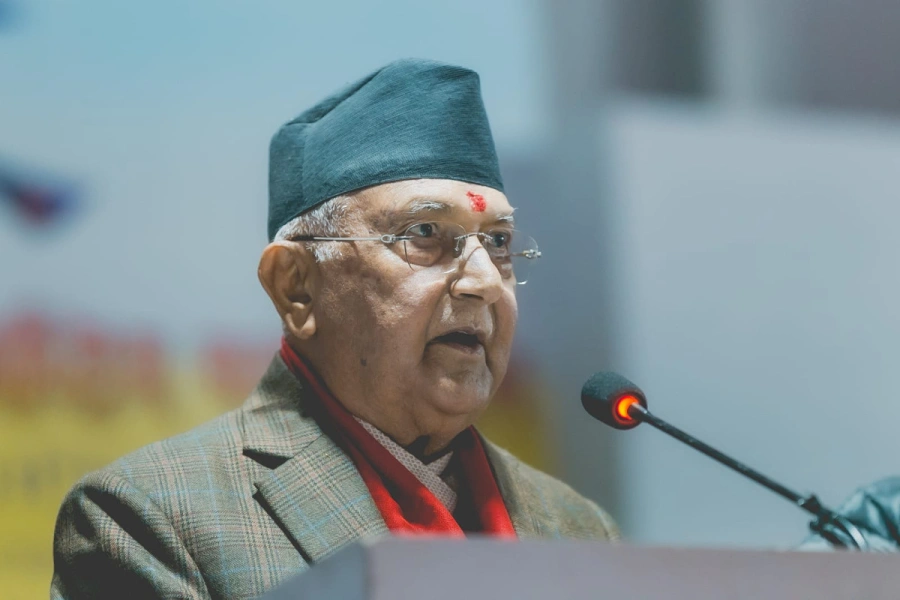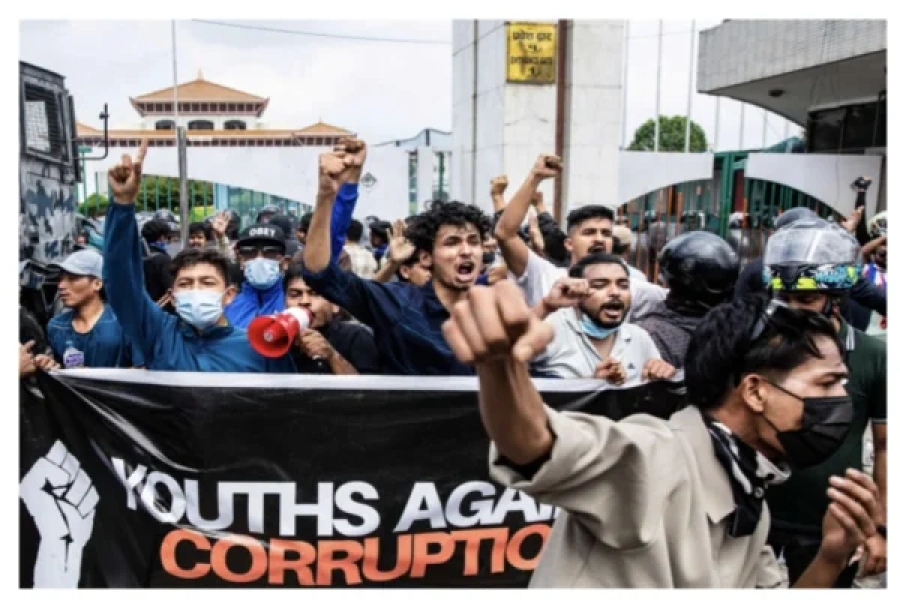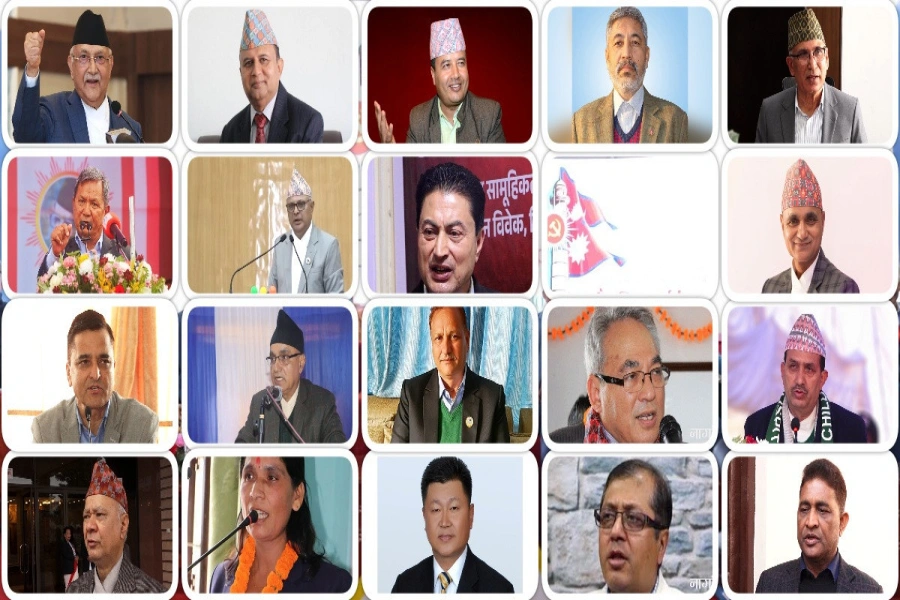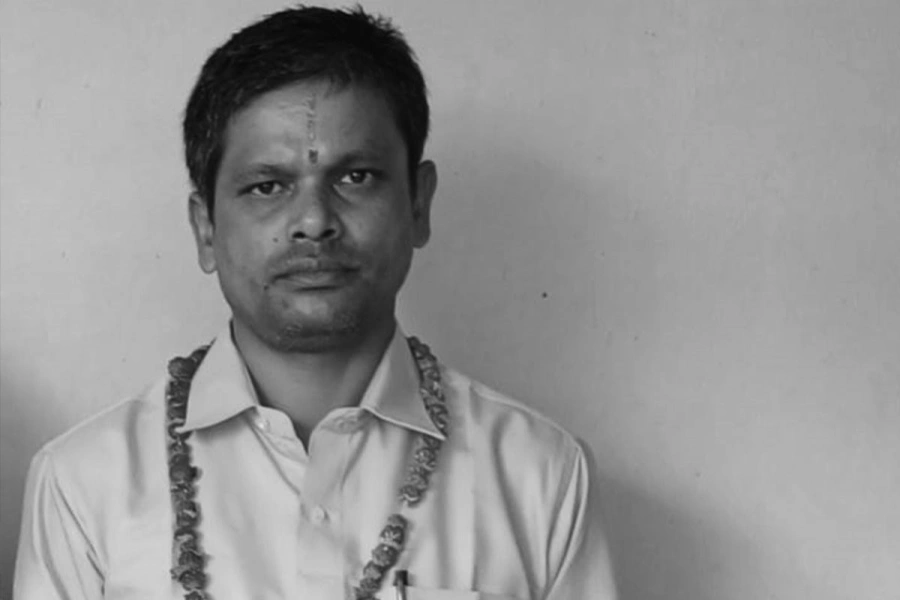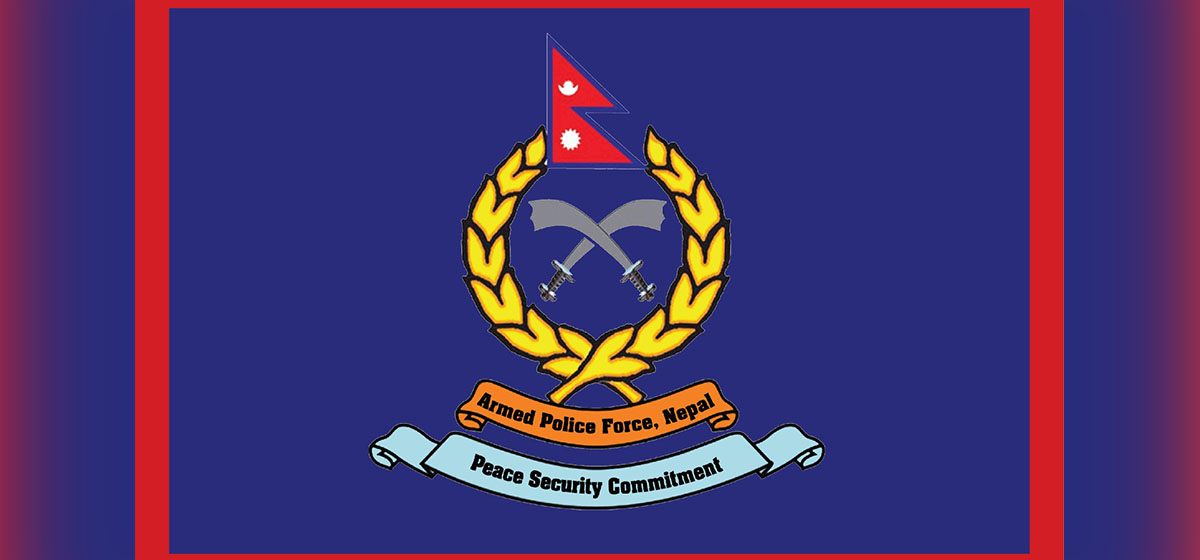Bhutanese refugees are desperate to go back to the land where their ancestors lived. They must be heard. International community may facilitate repatriation process
In Speeches of Our Beloved King (1970), published by Royal Government of Bhutan King Jigme Singye Wangchuk says “The Nepalese should never regard themselves as aliens, because your forbears also were born and raised in Bhutan and as such, all of you are Bhutanese…. All of us must remain united as one people and as one nation and forge ahead together”. This shows ancestors of Nepali speaking Bhutanese known as Lhotsamphas settled in Bhutan centuries ago, contributed to national integration and consolidation of institution of Bhutanese monarchy.
Twenty years later, the same king designed the forcible eviction of hundreds of thousands of Nepali speaking Bhutanese selectively. It was a planned move as was reflected by their transport from the Bhutan-India border to Nepal- India border, fully facilitated by trucks that were kept ready on the Indian side of Bhutan-India border.
By expelling over 120,000 citizens—one sixth of country’s population—“to maintain demographic equilibrium”, in words of then Foreign Minister Dawa Tshering, government of Bhutan deliberately injected the politics of otherness akin to the process of ethnic cleansing. This flagrantly violated the respect and protection for the rights of minority groups breeding insecurity, fear and fueling of inter-ethnic tensions. Instead of the politics of tolerance and assimilation in a multiethnic make-up, Bhutan went to choose the geopolitics of expulsion and eradication, stripping of citizenships, creating a notion of “one nation, one people,” disrupting national unity and social cohesiveness. While launching the cleansing mission, Jigme Singye Wangchuk said in January 1990: “if we allow them to stay, Bhutan will lose its identity and become a Nepali state. The Bhutanese will become an abject minority in their own country. This is not acceptable to us.”
Bearing the brunt
Nepal Mask Campaign launches with the slogan 'Let's wear masks,...

Nepal has to bear the brunt of discriminatory policy and regulations of the government of Bhutan. The problem of refugees is a problem between the refugees and government of Bhutan. Nepal was forced into the picture because of the presence of refugees on its soil from the third country with which it does not share a common border. Despite not being a party to 1951 Refugee Convention and 1967 Protocol Relating to the Status of Refugees, Nepal provided shelter to over 120,000 refugees purely on humanitarian grounds. Given the ethnic mix of people in the region, it is seen as a design to plant the seeds of intense ethnic conflict and plan for destabilizing the countries of the Himalayan region.
Nepal initiated the dialogue with Bhutan to amicably bring this serious humanitarian issue to an early end. Several rounds of high-level talks—15 formal joint ministerial meetings (the last being in 2003) and several others on the sidelines of multilateral meetings—yielded no results. Bhutan remained ever evasive and reluctant to resolve the problem once and for all. Nepal was assured of follow-ups by Bhutanese governments, but nothing came out of Nepal’s sincere engagements. In three decades of bilateral engagements, not a single refugee has been allowed to go back to Bhutan.
The Western countries, led by the United States and the United Nations, came forward to provide much needed support and relief to the needs, care and maintenance of Bhutanese refugees and camps in Nepal. They made a generous offer of support to burden sharing and settling the refugees in their respective countries. As of September 30, 2018, of the total refugees, 113,160 were resettled in various countries. United States alone accepted 96,148 refugees, followed by Australia (6946), Canada (6838), New Zealand (1096), Denmark (875), Norway (570), United Kingdom (356) and The Netherlands (329). The third country resettlement keeps the option of repatriation of refugees to Bhutan. Refugees are desperate to go home where their ancestors lived “before we die”. They must be heard. They want the international community to facilitate repatriation process to their homeland.
Though refugee leader Bhampa Rai expresses frustrations with “the government of Nepal” for “acting irresponsibly over the refugee issue”, Nepal should give one last attempt with the new government of Lotay Tshering in Bhutan. Thimphu must respond positively to Nepal’s Foreign Minister Pradeep Gyawali’s message of congratulations to newly appointed Foreign Minister of Bhutan, Tandi Dorji, expressing willingness to work closely in “further strengthening cooperation between Nepal and Bhutan in the days ahead at bilateral, regional and international levels to promote mutual interest” and demonstrate readiness to come to the table and settle this complicated issue.
India, whose role can be instrumental in resolving refugee issue, has taken hands off policy to this problem saying that “our friends Bhutan and Nepal have wisdom and ability to tackle and solve this difficult question”. India should use its enormous leverage on Bhutan to end this protracted humanitarian tragedy.
It is disgraceful to hear Bhutan preaching the world about gross national happiness, while one sixth of its population has been forcibly evicted from their ancestral homes. Bhutan claims to have successfully completed three democratic elections by refusing to abide by the verification process that was put in place by governments of Nepal and Bhutan and honor the human rights charter that it is a party to. What an irony. As Republica wrote in its recent editorial “Bhutan should acknowledge the mistake in the first place and apologize for it.”
Give them options
Bhutan is a member of the United Nations, has established diplomatic relations with European Union and 52 countries. Responsible stakeholders that otherwise pose themselves as the sole custodian of human rights should work for the repatriation of remaining refugees by persuading Bhutan to take back their people. In case the international community for now cannot persuade Bhutan to take these refugees back, one more option would be to allow the remaining refugees to exercise options. Given the chance, some may want to have their applications for resettlement reviewed.
It is not in Nepal’s interest to keep a single refugee in Nepal. It will not be able to absorb any Bhutanese citizens in Nepal since that will open a Pandora’s Box for Nepal and could trigger a Himalayan geopolitical disaster in the making. Local integration will be deeply destabilizing in fragile geopolitics of the country.
There are only two options for Nepal: Early repatriation to Bhutan or give one-way travel document for third country resettlement. Those who do not wish to exercise these two options will have to leave Nepal and exit Kakarvitta border post from where they had entered two and half decades ago and go from where they came by the trucks kept readied in India.
The onus is on the international community to help open up serious dialogue with Thimphu and seek its position on the commitment it had expressed for repatriation of some refugees at the time of starting the third country resettlement. Nepal stands to cooperate with the international community to find an amicable solution of this protracted Bhutanese refugee problem and close down the UNHCR managed camps in Nepal as early as possible. Local assimilation will only plant the seeds of ethnic conflict and set a “wrong precedent”.
In rapidly shifting geopolitics, the Himalayas have been the scene of intense geopolitical tussle. The 73-day long stand-off on Doklam-Plateau between China-India was a question by an assertive and rising China to India’s claim of geopolitical and geostrategic primacy in Bhutan and by extension in South Asia and beyond. Developments in and around the region should be studied closely to derive a future policy based on the foundation of national unity, tolerance and social harmony. Strength abroad comes from strength at home. Relocated refugees in democratic countries fully enjoying fundamental human rights are unlikely to forget the wounds of unspeakable torture, hardships and sufferings at the hands of Royal Government. Earlier the realization, the better it is for Bhutan and the region.
The author was foreign relation adviser to former Prime Ministers Sher Bahadur Deuba and Sushil Koirala



